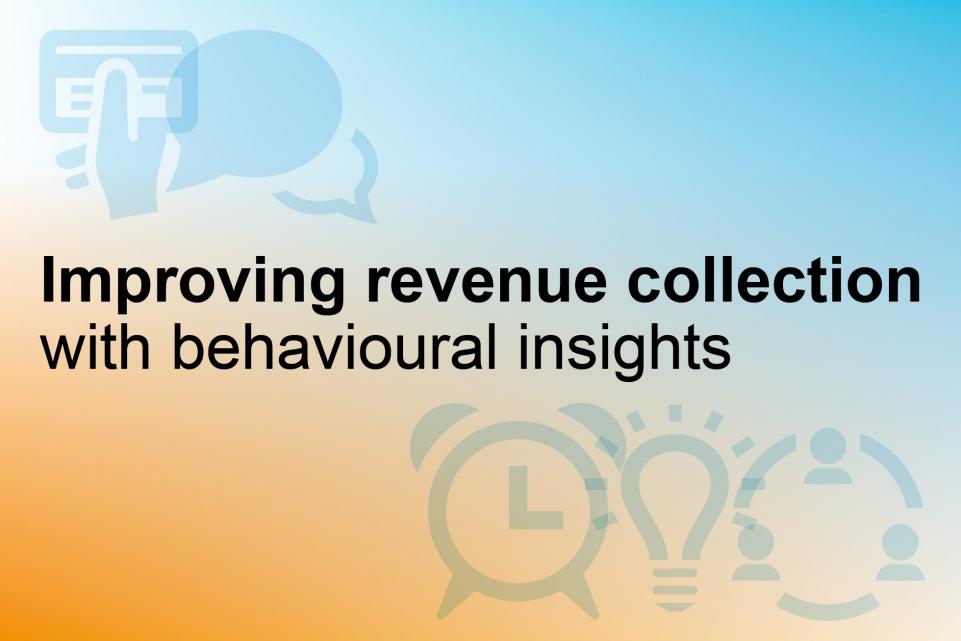Behavioural insights encourage people to make better choices for themselves and society.
Behavioural insights have been used across public services to generate low cost interventions to improve service outcomes. The approach is based on the idea that interventions aimed at encouraging people to make better choices for themselves and society will be more successful if they are based on insights from behavioural science.
With very little money upfront, people change their behaviour in order to produce better outcomes for themselves and for our society. This helps manage demand for public services, decreasing the cost of them.
For example, through raising awareness and change campaigns, we can be encouraged to consume less sugar through drinking fewer fizzy drinks. This can decrease our chances of developing type 2 diabetes and heart disease. Not only does this benefit our health but it also has a knock on affect to the public purse because less money will be spent on medication, operations and care and support to help us get better.
Councils have also used these techniques to improve the way in which we communicate with residents. For example, many councils have improved financial outcomes through changing the way in which they write their council tax letters. By asserting that the substantial majority of their neighbours pay their council tax on time, individuals are more likely to change their behaviour and pay on time via direct debit.
There are various techniques used when conducting a behavioural insights project in a council. Many councils have been using the Behavioural Insight Team’s 'EAST' framework to encourage behavioural change in local residents. To achieve good results, we should be making it 'easy, attractive, social and timely' (EAST) for us to change our behaviour.

